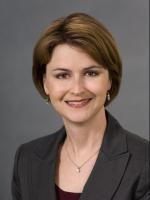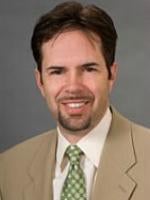About a year ago, on Nov. 20, 2020, the Department of Health and Human Services Office of Inspector General and the Centers for Medicare and Medicaid Services (CMS) issued two final rules implementing sweeping changes to the Physician Self-Referral Law (Stark Law) and the Anti-Kickback Statute regulations. For the most part, those new rules went into effect on Jan. 19, 2021. One of the rules, however, relating to the Stark “group practice” definition will become effective on Jan. 1, 2022.
Under this new rule, CMS clarified what it means for a group practice to distribute “overall profits.” The revised rule states that “overall profits” are defined as “the profits derived from all the designated health services of the group.”[1] CMS further provided that “a physician practice that wishes to qualify as a group practice may not distribute profits from designated health services on a service-by-service basis.”[2]
In making this clarification, CMS addressed certain comments which advocated for a service-by-service methodology (referred to as split pooling) by noting there was no justification for such an interpretation of “overall profits.”[3] CMS also issued a reminder that group practices must meet all regulatory requirements to be eligible for the regulatory benefits of the “group practice” definition. While CMS clarified such service-by-service pooling is not allowed, differing methods amongst any sub-groups of at least five physicians remains permissible. Therefore, large group practices may continue to allocate overall profit distributions by sub-groups composed of at least five physicians so long as the method of distribution is consistent within each subgroup.[4] If the group practice has fewer than five physicians, “overall profits” means the profits derived from all the designated health services of the entire group, and the methodology must be consistent across all DHS service types.
Group practices must evaluate whether any changes are necessary to their profit sharing and compensation plans, and group practices that use sub-groups or split pooling must account for this change by Jan. 1, 2022, to remain compliant with the Stark Law.
[1] 85 Fed. Reg. 77492, 77561 (Dec. 2, 2020) (emphasis added). To be codified at C.F.R. § 411.352(i) effective January 1, 2022.
[2] Id.
[3] Id. at 77564.
[4] Id. at 77563.






 />i
/>i

